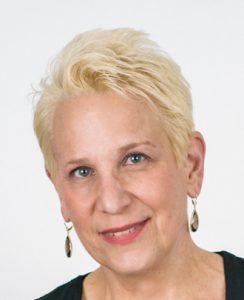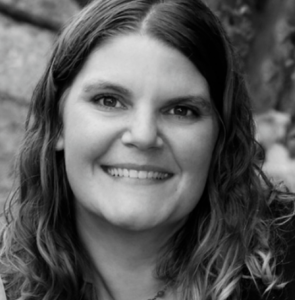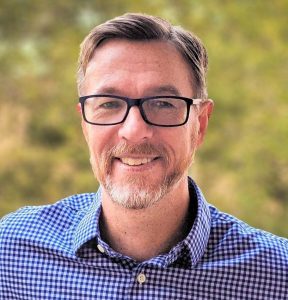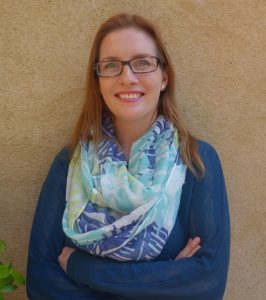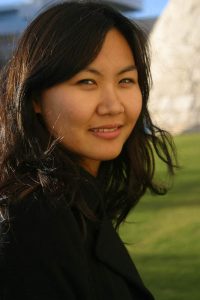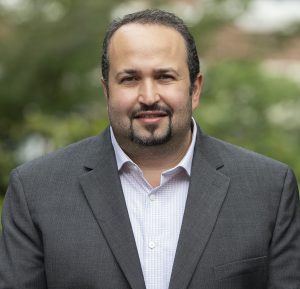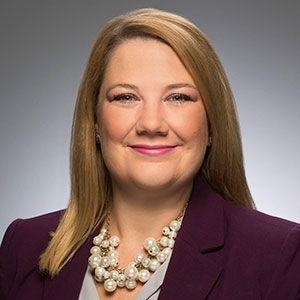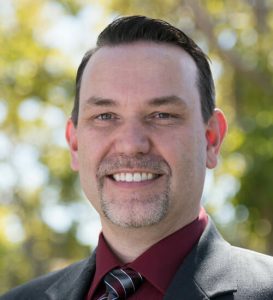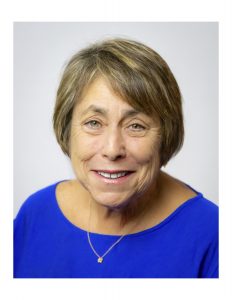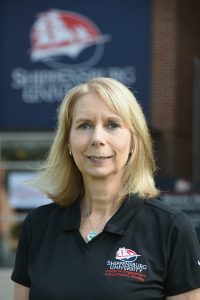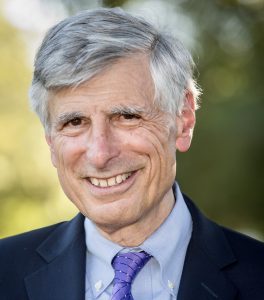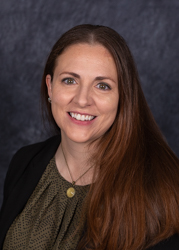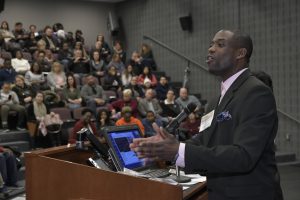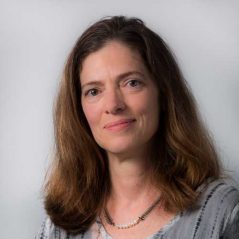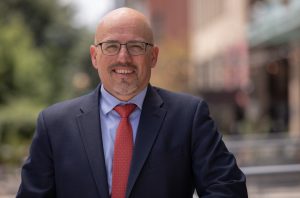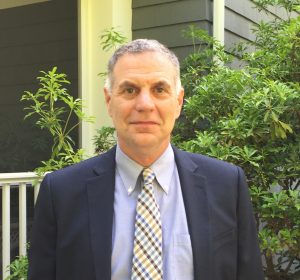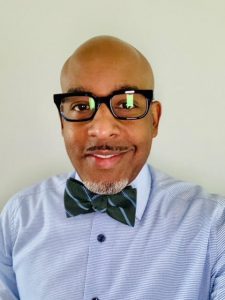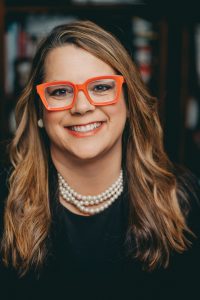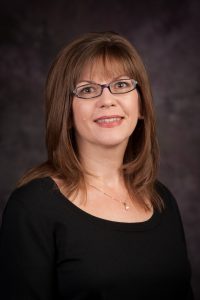How can we best support the academic engagement and persistence of working learners?
This workstream focuses on what we know and what we urgently need to learn about the role of engagement and self-direction in increasing academic persistence and success for working learners.
Our guide through the workstream will be Flora, a thirty-two year old single mother of two small children. Flora works at a large health insurance company as a Tier I patient care representative. She is exceptionally good at helping to solve patient problems. She knows that healthcare is a growing field and would love to advance in her career. Unfortunately for Flora, her company is planning to automate customer service and reduce Tier I staff. Instead, it will increase Tier II positions, which require a greater level of independent problem-solving, oral communication skills, fluency with medical terminology, and greater knowledge of the insurance industry. These positions also require an associate degree. Flora has a certificate in customer service from training she did at work as well and earned six credits from her local community college; however, she does not have a degree.
Flora has the smarts, tenacity, and interpersonal skills to flourish at a higher level in her company and in the industry. What she doesn’t have is the time and money to go back to school – or a model of learning that meets her where she is as a working learner.
In our first meeting together, we will look at new models that change up the traditional learn-first, work-second paradigm, such as credential-as-you-go, competency-based education, experiential learning, learning at/through work, authentic assessment, PLA, and stackable microcredentials. Would they work for Flora? How do we know? What might an ideal model look like?
In our second meeting, we will reexamine some of the stalwarts of adult learning theory, e.g., Dewey and Knowles, as well as more recent theorists. Do they help us understand and address Flora’s needs as a learner? What is missing?
In our third meeting, we will look at academic persistence and success from Flora’s perspective. Do leading models of persistence, such as Tinto, accurately account for Flora’s situation and personal/career goals? What might a persistence research agenda look like if it focused on Flora and other working learners?
Convener
Cathrael ("Kate") Kazin
resources
Working Learner College Students: A Diverse Not-So-New Majority
University of Arizona sociologist and higher education researcher Regina Deil-Amen offers an aerial view of how the evolution of the US racial-political economy has substantially grown the ranks of working learners in college, creating new opportunities for individual and institutional transformation, but also new forms of precarity for working learners.
Routine and Adaptive Expertise in Working Learners
Stanford learning scientists Dan Schwartz and Kristen Blair introduce the distinction between routine and adaptive expertise, and consider strategies that educators and employers might pursue to nurture the development of adaptive expertise among working learners.
University Extension as a Strategy to Serve Working Learners
UC-San Diego’s John Skrentny and Mary Walshok summarize the rich legacy of university extensions and suggest how they remain powerful tools for opportunity creation in the US today.
contributors
